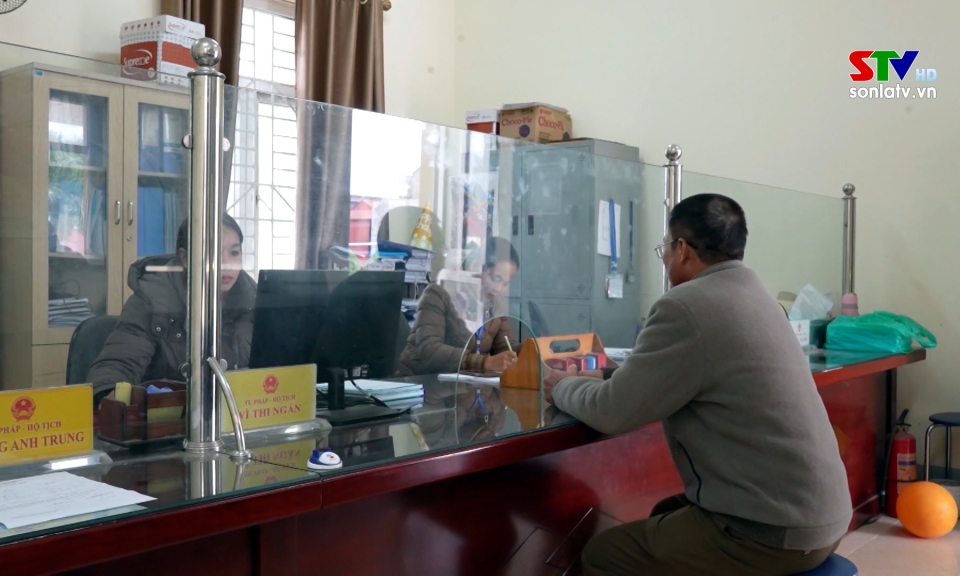 |
| The FLCN gene may increase the risk of serious health problems. (Source: SciTechDaily.com) |
Published on April 8 in Thorax , one of the world's leading journals in respiratory medicine, the study analyzed genetic data from more than 550,000 people across three major databases: the UK Biobank, the 100,000 Genomes Project, and East London Genes & Health. The results showed that the prevalence of the FLCN gene variant ranged from 1 in 2,710 to 1 in 4,190, nearly 100 times higher than the previous estimate of 1 in 200,000 people.
Notably, the health risks of people with this gene are not uniform. Among individuals diagnosed with Birt-Hogg-Dubé syndrome, about 37% are at risk of developing a pneumothorax. However, this figure drops to 28% in those who only carry the gene but have not developed the syndrome. Similarly, the risk of kidney cancer in patients with the syndrome is 32%, while only about 1% of carriers face this risk.
Professor Stefan Marciniak (University of Cambridge), honorary consultant at Cambridge University Hospitals NHS Foundation Trust and Royal Papworth Hospital NHS Foundation Trust, stressed that early detection is key, especially for the two major risks of pneumothorax and kidney cancer. He noted that lung problems often develop 10-20 years before signs of kidney cancer appear, so regular screening can help with early detection and treatment.
While the link between the FLCN gene and Birt-Hogg-Dubé syndrome is clear, Professor Marciniak also points out that the risk of kidney cancer in people who carry the gene but do not have the syndrome is quite low. This suggests that there are many other genetic factors that contribute to how the FLCN mutation manifests in each person.
This groundbreaking study not only sheds light on the prevalence of the FLCN gene variant, but also raises the urgent need to rethink screening and treatment strategies for at-risk populations – moving towards a more personalized and precision medicine approach in the future.
Source: https://baoquocte.vn/phat-hien-loi-gene-lien-quan-xep-phoi-va-ung-thu-than-310712.html


![[Photo] Closing of the 11th Conference of the 13th Central Committee of the Communist Party of Vietnam](https://vstatic.vietnam.vn/vietnam/resource/IMAGE/2025/4/12/114b57fe6e9b4814a5ddfacf6dfe5b7f)




















![[Photo] Overcoming all difficulties, speeding up construction progress of Hoa Binh Hydropower Plant Expansion Project](https://vstatic.vietnam.vn/vietnam/resource/IMAGE/2025/4/12/bff04b551e98484c84d74c8faa3526e0)






























































Comment (0)